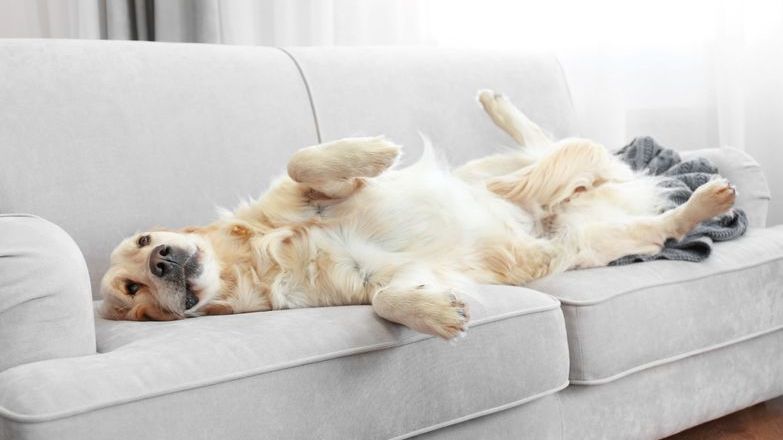
The result however may be down to a lack of knowledge about what the new Model Tenancy Agreement (announced in January 2021) actually means.
Previously landlords using the agreement were able to issue blanket bans on pets in their properties. Under the new agreement, landlords now must seek consent for pets as the default position and will have to object in writing within 28 days of a written pet request from a tenant—and supply a good reason. The key change only allows the banning of pets where there is a good reason, such as large pets in smaller properties or flats, or other properties where having a pet could be impractical.
The revision encourages landlords to be more open to pet-owning tenants but will not require them to accept a pet if they do not want to. Tenants will also continue to have a legal duty to repair or cover the cost of any damage to the property.
We continue to urge the UK Government to recognise the impact of their decision to cap deposits and the knock-on costs that landlords face. We have also produced a Renting with pets guide for you to share with your customers to ensure they know their responsibilities.
Renting with pets
If a rented property prohibits pets but you believe the property would be suitable, use our tips to help strengthen your case to change the landlord's stance on pets.
Parliament activity: Ten-Minute Rule Bill
On the wider issue of pets in rented accommodation, last year Andrew Rosindell MP introduced a Ten-Minute Rule Bill (Private Members’ Bill) entitled the Dogs and Domestic Animals (Accommodation and Protection) Bill.
The Bill proposes that pet owners pass a test of responsible ownership by obtaining a certificate from a vet before moving in, confirming that they have a healthy, well-behaved animal and are responsible owners. For instance, for a dog, a responsible ownership checklist would include being vaccinated and microchipped and being responsive to basic training commands, with appropriate rules applying to other animals.
Furthermore, microchipping is a key element of the Bill, which will stipulate that all cats and dogs kept in rented accommodation must be microchipped. Part of the approval process for a pet to be moved into accommodation would be to have their microchip scanned by a vet to ensure that they were registered on a national database.
We met with Andrew Rosindell’s office to outline our members' concerns, the unintended consequences of the Bill highlights the practical implications of the proposals. These include:
- Will the Bill provide a definition of a domestic animal?
- Have any surveys or research been done to show that tenants are prepared to pay for the additional costs and administration?
- How will the Bill interact with property leases as many have restrictions on keeping pets?
- Who will manage the national database?
- Impact on rents. Under the Tenant Fees Act, landlords and letting agents are no longer able to take a higher security deposit for tenants with pets but instead, can set the rent of the tenancy at a level for the wear and tear that the pet may cause.
We are continuing to monitor the situation and engage with decision-makers on the matter. No date has been set for the Bill’s Second Reading in the House of Commons.





